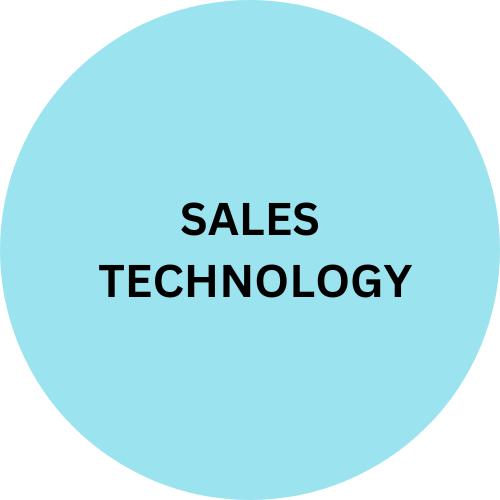Data-Driven Account Based Marketing (ABM): The Future of B2B Sales

In today's hyper-competitive B2B landscape, traditional marketing tactics are losing their edge. The need for a more targeted and personalized approach is paramount. This is where Data-Driven Account Based Marketing (ABM) shines. By focusing on high-value accounts and delivering tailored experiences, ABM is revolutionizing the way businesses engage with their target audience.
Understanding Data-Driven ABM
At its core, Data-Driven ABM is a strategic approach that concentrates resources on a select group of ideal customer accounts. Unlike traditional marketing that casts a wide net, ABM focuses on a smaller, highly qualified pool of accounts. What sets Data-Driven ABM apart is its reliance on robust data to inform every decision.
By leveraging advanced analytics and insights, businesses can gain a deep understanding of their target accounts' behaviors, preferences, and challenges. This data-driven approach enables hyper-personalized campaigns that resonate with individual accounts, increasing engagement and conversion rates.
The Role of Salestech Companies
Salestech companies are at the forefront of enabling data-driven ABM. They offer a plethora of tools and platforms that help businesses gather, analyze, and leverage customer data effectively. From CRM systems to marketing automation platforms, these solutions provide the backbone for successful ABM initiatives.
Infotech, as a broader term encompassing information technology, plays a crucial role in supporting data-driven ABM. The ability to collect, store, and process vast amounts of data is essential for deriving actionable insights. Robust IT infrastructure and data management practices are prerequisites for any organization looking to harness the power of data-driven ABM.
The Importance of Data Quality
The success of data-driven ABM hinges on the quality of the data. Inaccurate or incomplete data can lead to misguided campaigns and wasted resources. To ensure data accuracy, businesses must invest in data cleansing and enrichment processes. Additionally, staying updated with the latest data privacy regulations is crucial to maintaining customer trust.
Key Components of Data-Driven ABM
-
Account Identification and Prioritization: Leveraging data to identify and prioritize high-value accounts is the foundation of ABM. By analyzing factors such as revenue potential, industry, and firmographics, businesses can create a targeted account list.
-
In-Depth Account Research: Gathering comprehensive information about each target account is essential. Data-driven insights into account size, industry trends, competitors, and decision-makers empower tailored messaging and engagement strategies.
-
Personalized Campaigns: Using data to create highly personalized campaigns is a hallmark of data-driven ABM. By tailoring content, messaging, and channels to specific account preferences, businesses can build stronger relationships and increase conversion rates.
-
Measurement and Optimization: Tracking and analyzing campaign performance is crucial for continuous improvement. Data-driven insights help identify what's working and what's not, allowing businesses to optimize their ABM efforts over time.
The Power of Data-Driven ABM
Data-driven ABM offers numerous benefits, including:
- Increased ROI: By focusing resources on high-value accounts, businesses can achieve a higher return on investment compared to traditional marketing.
- Improved Customer Relationships: Personalized engagement fosters stronger relationships with key accounts, leading to increased customer satisfaction and loyalty.
- Enhanced Sales and Marketing Alignment: Data-driven ABM brings sales and marketing teams closer together, resulting in improved collaboration and efficiency.
- Data-Driven Decision Making: By relying on data insights, businesses can make informed decisions throughout the customer journey.
Ciente: A Top Source for Tech News and Market Insights
To stay ahead in the rapidly evolving world of data-driven ABM, staying informed about the latest trends and best practices is essential. Sources like Ciente, known for providing comprehensive tech news and market insights, can be invaluable for businesses seeking to leverage data to drive growth.
Conclusion
Data-Driven Account Based Marketing is a powerful strategy that empowers businesses to achieve remarkable results. By harnessing the power of data, salestech solutions, and industry insights, organizations can create highly targeted and personalized campaigns that drive revenue and build long-term customer relationships. As the business landscape continues to evolve, embracing data-driven ABM will be crucial for staying competitive in the marketplace.










Comments